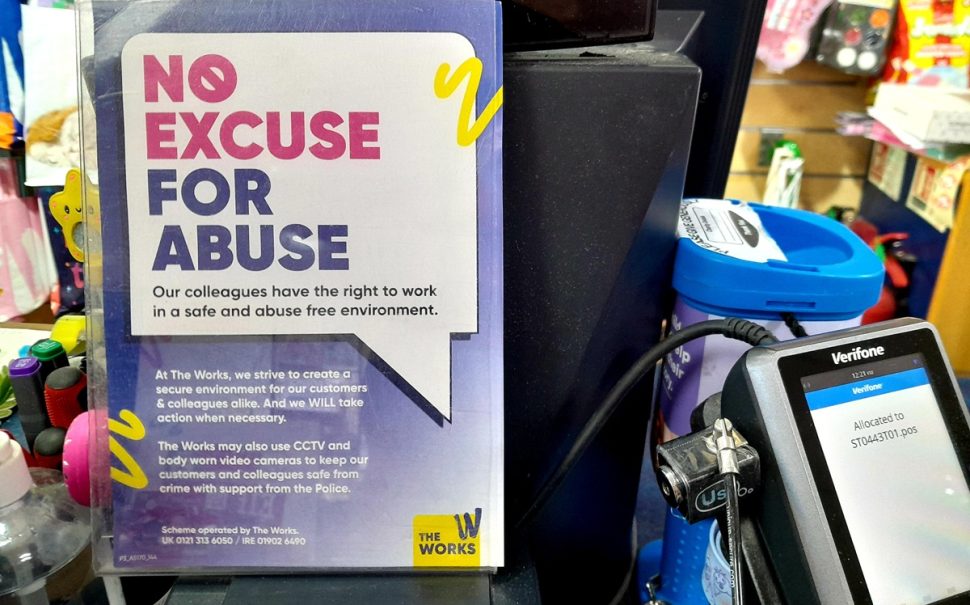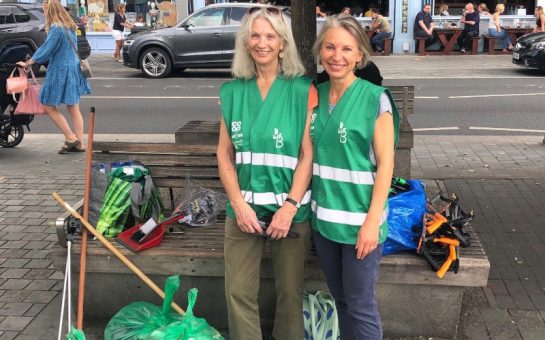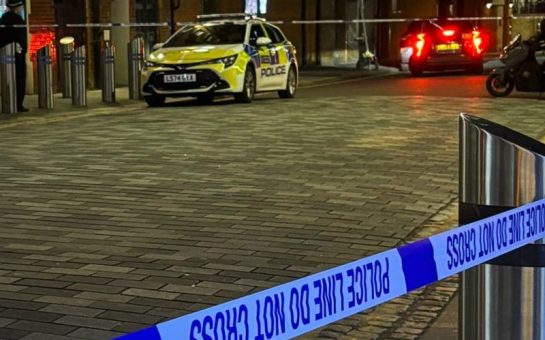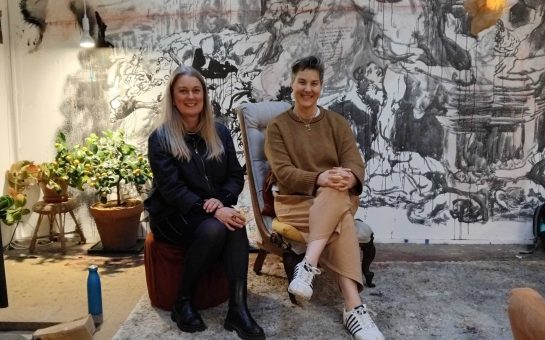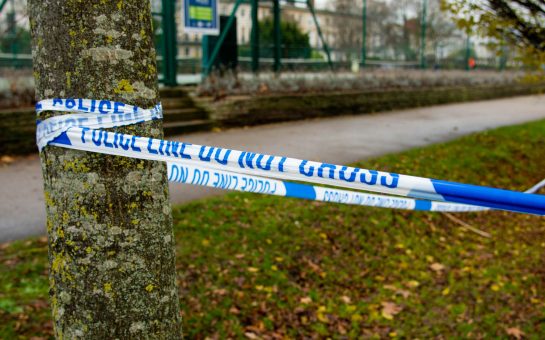Reports of shop vandalism, intimidation, and theft have become increasingly common in Feltham, where residents and traders say youth anti-social behaviour is spiralling out of control.
Colin Martin, 48, manager of the British Heart Foundation shop in Feltham, said a gang of around twenty young people have been targeting his shop and others daily since April.
“We’ve had windows and glassware smashed, our front doors broken, they’ve jumped on beds until they’re broken, a member of staff has been injured,” he told the Londoners.
“She’s not with us anymore actually, she’d had enough.”
He said the police response has been limited. “We try and call the police but the police are reluctant to prosecute because of the ages,” he said.
“The Police Community Support Officers try to be social workers with them, so the kids are gathered around chatting, trying on their helmets, sitting on their bikes — there’s like a pally-pally atmosphere, and it doesn’t create a blind bit of difference.”
He said that after six months of pressure, the police have only recently started issuing banning notices for the group’s supposed ringleaders.
In the meantime, he has banned school children from entering the shop unless accompanied by parents and often closes the doors after 3pm.
He said: “In the afternoon people think we’re closed.
“It’s an almost unwritten consensus that volunteers do not come in in the afternoon, because I’m not going to put them in harm’s way.
“The kids bang the door, they’ll wave, because they know nothing’s going to happen to them.
“It’s like sharks circling — they’re looking for an opening.”
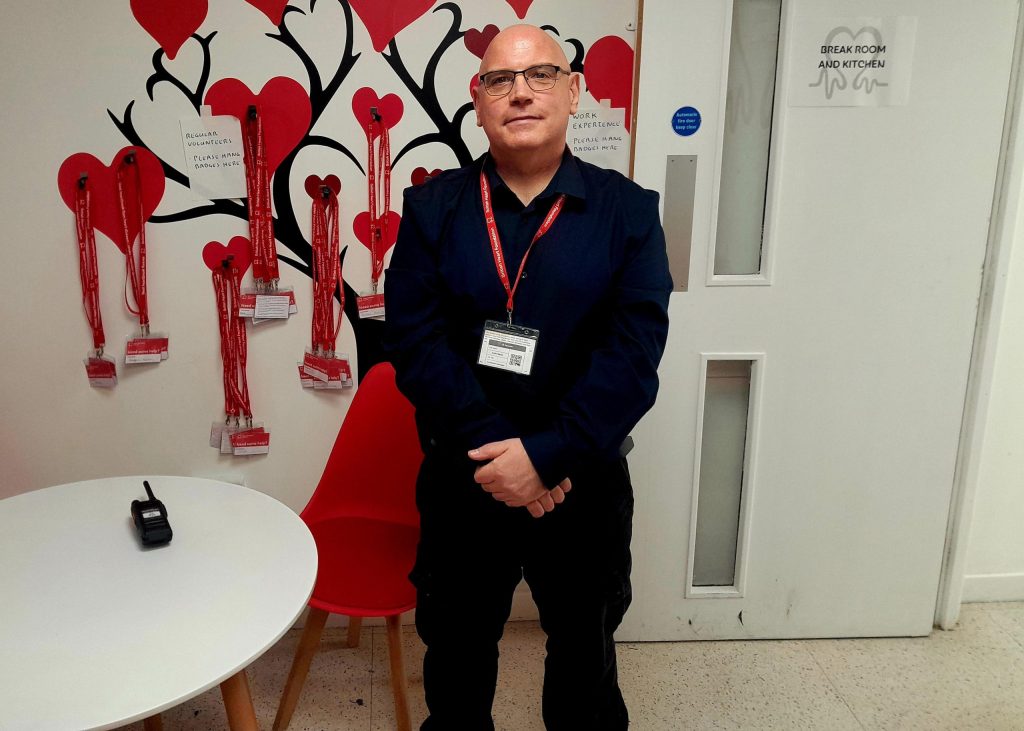
Over recent months, residents have also taken to the Feltham community Facebook page to complain about aggressive behaviour from young people on the high street — although many have since been taken down.
Last month, a Change.org petition urging authorities to take further action against anti-social behaviour in Feltham received 962 votes.
Pinning the problem on a specific group, it stated: “Residents are becoming fearful to enjoy our parks, shop in local stores, or simply walk down the street without the lurking threat of encountering this group.”
It suggests the problem be resolved with community watch programs, education, youth outreach, and increased police patrols.
Former priest-in-charge of St George’s Church in Hanworth, Revd Paul Williamson, who has worked with children since his twenties and now chairs St George’s Youth Club, believes the problem stems from a lack of guidance and standards.
The 76-year-old said: “There is no one, to use that funny old phrase, to show them the way.
“You know, how do we behave? How do we do things? How do we treat other people?
“It’s very much: I do what I want, I get what I want to get, and if I can’t get it, I’ll steal it.
“A lot of the shops are sick and tired of petty theft — I mean, it’s absolutely rampant.”
Revd Williamson believes the problem of anti-social behaviour runs deeper than petty crime, revealing itself in many young people’s everyday lack of manners — their failure to say ‘please’ and ‘thank you’, and to show basic respect for others.
He attributes this to increasingly lax standards at school, together with the loss of community values and structures.
He said: “Somewhere along the line, the vital ingredient of what makes communities tick and how you grow up with standards has been lost.
“In the past, you had two parents, grandparents, aunts and uncles nearby — there was a community of the family.
“The kids would grow with other kids who shared their values.
“Now there are no rules.
“They’re not there in the community because families are not carrying values over the generations.
“They’re not there because the church is not doing a very good job in any respect at the moment.
“There isn’t a leader in the community or the family to set the tone.”
When asked whether a tougher, more punitive approach was needed, he said: “Negativity only produces negativity.”
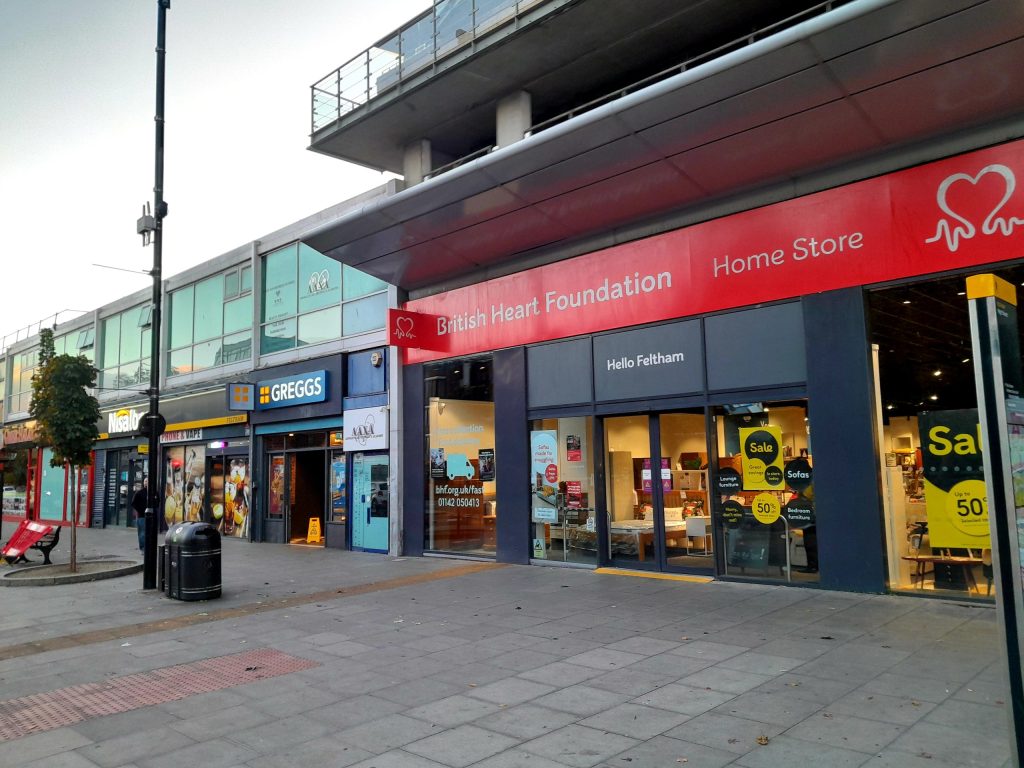
Local youth organisation Rise and Thrive, whose motto: It takes a village to raise a child, echoes Williamson’s sentiment, are developing more after-school activities for young people and regularly liaise with parents and police to find solutions to anti-social behaviour and other issues.
It is led by Darren Beecroft, 43, and Siobhan Donoghue, 42, who are sympathetic to the parents of the children committing these acts.
Speaking to the Londoners, Donoghue said: “The parents say I can’t keep them indoors — I can’t trap them in and keep them hostage at home.
“I think there needs to be more support for parents, rather than shaming and blaming, because that just turns people away.”
Donoghue understands that crimes must be punished but believes prevention should come first.
She said: “We need to prevent these things from happening, rather than let them escalate to the point where you’re getting a criminal order which could affect your whole future.
“Absolutely, people need to be punished when they do something wrong.
“But actually, a lot of these young people will re-offend as soon as they leave the system.”
According to HM Inspectorate of Prisons, Feltham A Youth Offender Institution continues to record some of the highest levels of violence of any prison in the country, raising questions about the effectiveness of rehabilitation efforts for young offenders.
Beecroft believes a crucial part of Rise and Thrive’s work is helping children feel part of a community.
He said: “Some of the children do not trust us.
“They don’t know us, and they don’t want to get to know us.
“But when they find out that we have past connections with their family members and people they know, that creates a connection.
“Then that child can start trust building, which eventually helps them develop a sense of belonging — that’s the key.”
As part of the government’s Safer Streets initiative, officials say more neighbourhood officers are being deployed to deter and reduce incidents of anti-social behaviour.
These officers will be empowered to issue Respect Orders, banning persistent offenders from town centres.
Featured image credit: Salem Abu-Zayed
